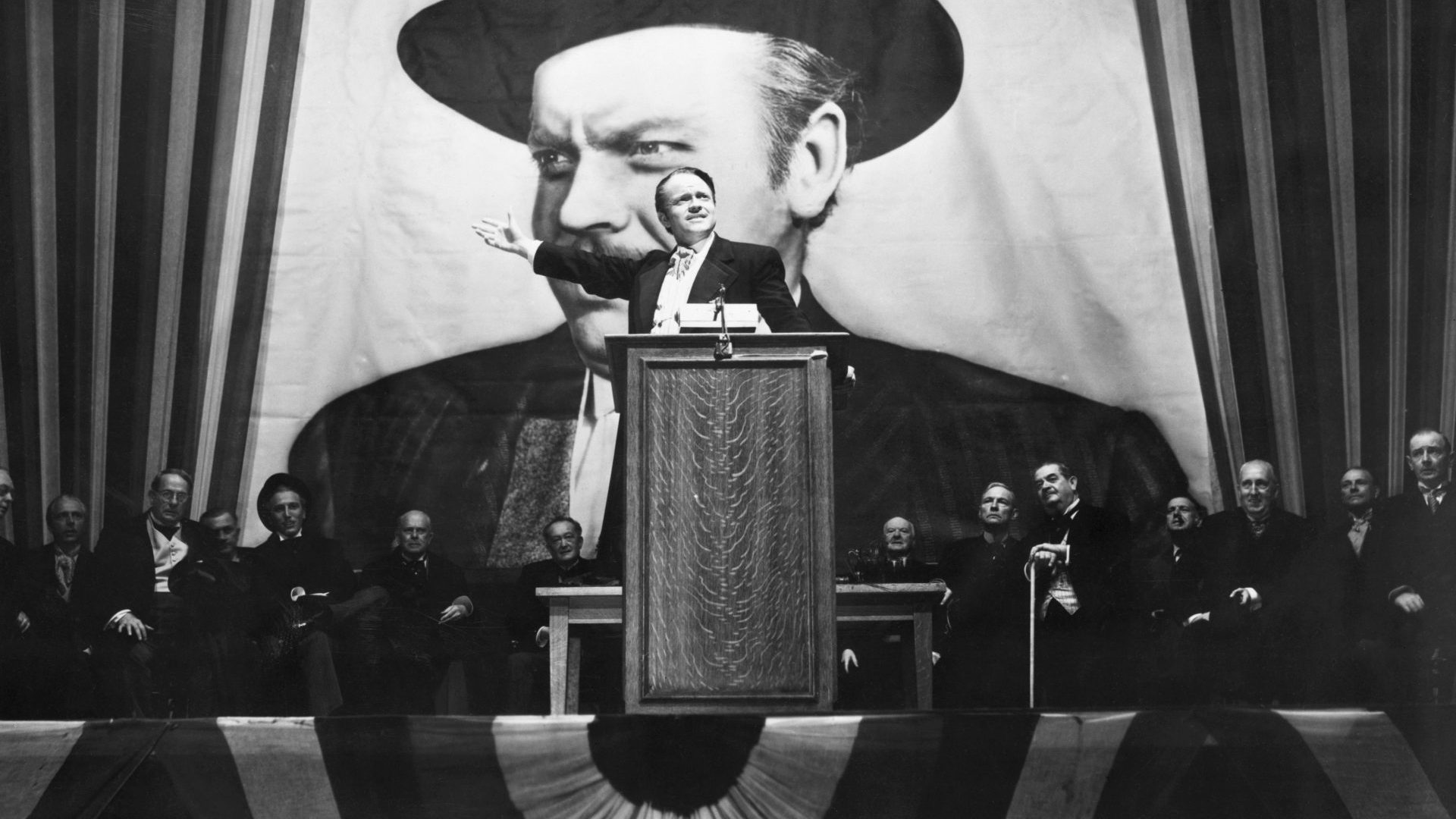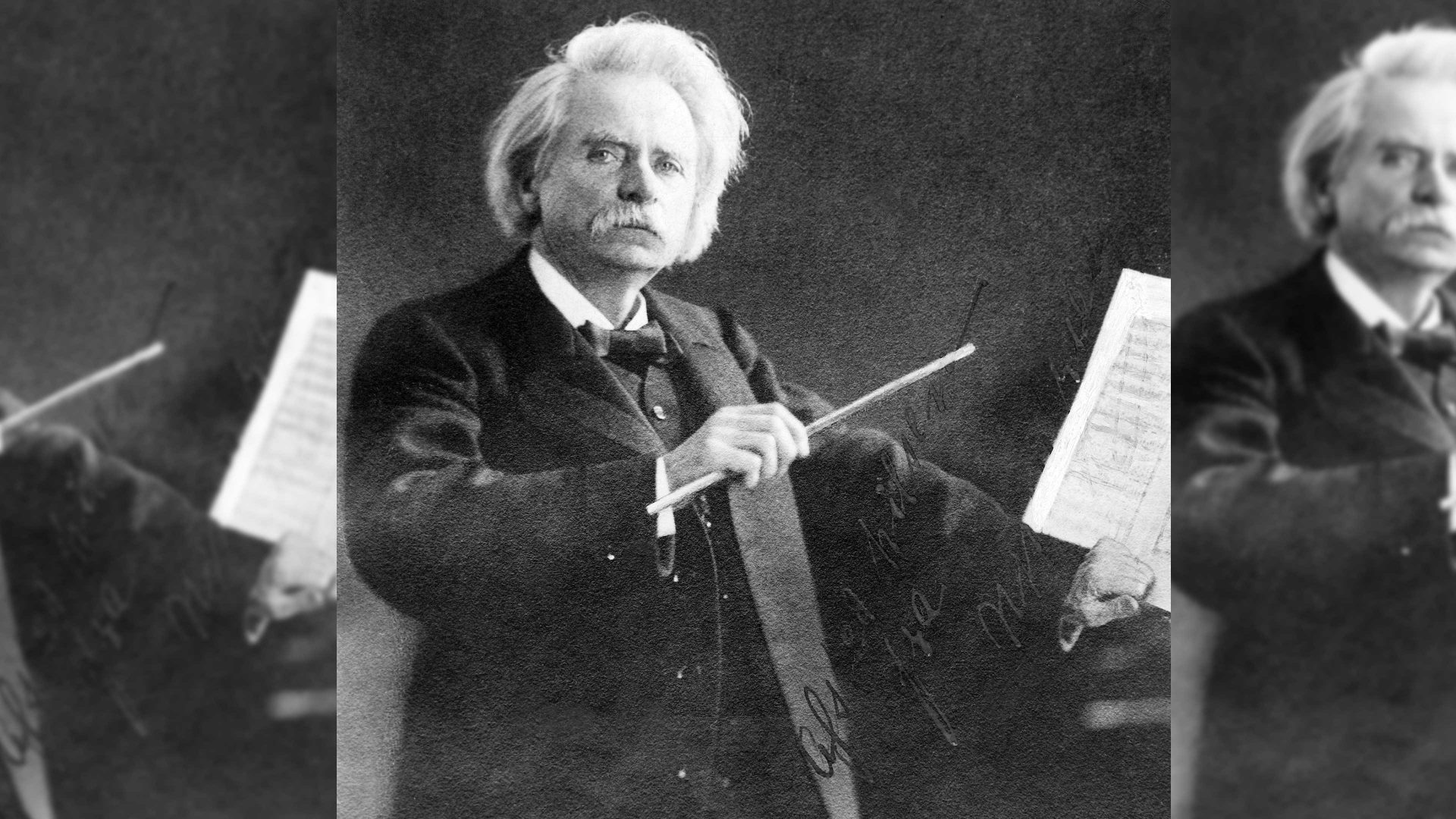Donald Trump is the chief example of what is being called the “manosphere” – the aura in which male opinion leadership, etc dominates our lives now.
Vintage film identified this reality long ago. It nailed the trend when it rose up too far and set out to dominate.
The manosphere has no particular political allegiance and can be found on all spectra, and the incredible thing about Trump – with his Lex Luthor suits and attitude – is that he allows us to see it all.
The 1930s in the USA were awash with Bosses. This went on for decades.
I was born and grew up in Chicago, run by a Boss. He was Mayor Richard J Daley, who literally made presidents of the United States on the Democratic Party side.
Vintage cinema loved a good Boss. Loved setting him up and taking him down. Usually a woman either helped bring about the demise of the Boss, or she brought him down herself.
Two masterpieces of this genre, this foundation story of the crooked side of the American Dream, were directed by two greats: Frank Capra and Orson Welles.
They saw it. They filmed it.
The earliest is that masterpiece of the innocent abroad, though this time in his own country, Capra’s Mr Smith Goes to Washington (1939).
Of course it stars the great James Stewart, whose intelligence as an actor enabled him to play anything – even 20 years later in a film about the manosphere at the end of its tether, Hitchcock’s masterpiece Vertigo (1958), considered by many to be the greatest film of all time.
The Boss in Mr Smith, a choice example of “Capracorn”, is played by Edward Arnold, all swagger and big shoulders in his Frankenstein suits, loud and smarmy. He tries to set Stewart up as his stooge in Washington, a congressman without guile and also without nous.
His Boss, Jim Taylor, is obvious and in your face – a bit like Trump – and you wonder why people don’t get that he is corrupt.
But it is not for Stewart to know what is going on. The film’s purpose is for us to see the manipulation.
Stewart’s Jefferson Smith does eventually see the light of his predicament, helped by the equally great Jean Arthur as Clarissa Saunders.
The masterpiece of the two films is Citizen Kane (1941), a film that this column is not long enough to talk about in all of its glory.
Kane is nailed by a Boss, the head of the political party he tries to expose, but who turns the tables on him by telling him that it will take more than one lesson for him to understand that he does not run the world.
And a woman – actually two – his wives, show him himself. Who he is. What he is.
Both Capra and Welles take the great manhood myth of America and hang it out to dry.
At the base of both of these films is a kind of tragedy, the making of an America that, in its making, is its unmaking.
The “hush money” trial of Donald Trump, the first time that a POTUS has been sent to trial on criminal charges, will be a circus.
Capra would have made out of it a sentimental comedy in which a female juror – neutral in her life and in her verdict – gradually comes to see what and who she is there to judge.
Capra would give us her ordinary Manhattan life: her penury, her attempts to be a human being in the cauldron of the Big Apple.
Welles, the greater film-maker, would show us Trump himself – frightened and sweaty in the private places he flees to.
Knowing that, he chose an adult film actress, wise in her ways of men, a professional huntress, in the manosphere.
Capra would have tried to portray our time as a fable to overcome. Welles would have loved the grotesque of it. He would have loved now.




